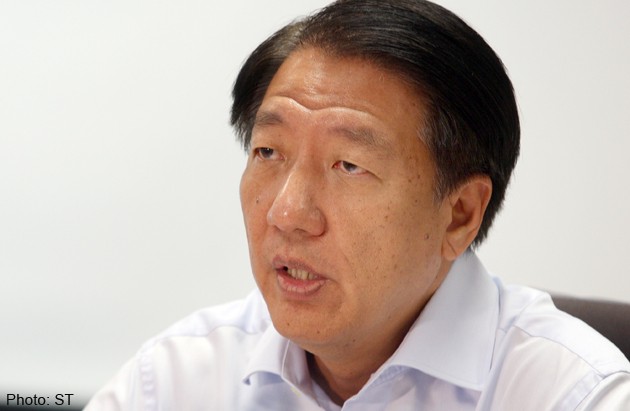Terror test for Singapore again


As when the global terror group Al-Qaeda and its South-east Asian partner Jemaah Islamiah surfaced more than a decade ago, the security threat posed to Singapore has been heightened again. This is because of its character as a hub city and the presence of foreign economic and other interests here. Today, the concern is over the terrorist Islamic State in Iraq and Syria, which worryingly is taking on a distinctly regional identity in the form of the Malay Archipelago Unit, set up by some Malaysians and Indonesians who have fought for ISIS.
Then, as now, there is only so much that a city-state can do to combat terrorism on the frontlines. However, Singaporeans owe it to themselves to be aware of how high the stakes are in this war, however distant it appears. The escalating violence in Iraq and Syria has increased further the terror threat to Singapore, as Parliament heard this week from Deputy Prime Minister Teo Chee Hean.
Vigilance is the only realistic response and it should take several forms. The State's deterrent capacity must be exercised to the full through the use of pre-emptive laws against those who support or promote violence. Its intelligence and surveillance apparatus must be tuned finely enough to cover the ideological underground where destructive designs lurk and fester. Regional and broader intelligence-sharing with friendly nations will help to buffer Singapore from what essentially is a foreign threat, not a home-grown one.
At the social level, everyday reflexes of vigilance are seen in the habit of keeping an eye out for the presence of suspicious objects in public places or on public transport, for example. This can make it more difficult for terrorists to carry out attacks. That vigilance must extend to the neighbourhood and the family as well. It is there that the first psychological signs of a person's newfound affiliation to terrorist ideology often emerge. This vigilance is important especially at a time when recruiting networks are not the only source of danger but have been augmented by self-radicalisation over the Internet. Those closest to impressionable sympathisers are best placed to stop them before they cause grievous hurt, both to themselves and others around them.
In that evolving context, Singapore's Muslim community must resume the vigorous role that it played, in the aftermath of the planned terror attacks of 2001, to prevent its members from being drawn into the twisted, misleading and murky ideological world of ISIS and like-minded groups.
Religious scholars and community leaders must convince the young in particular that violence is not an Islamic answer to the thorny issues facing the world.

This article was first published on Oct 11, 2014.
Get a copy of The Straits Times or go to straitstimes.com for more stories.